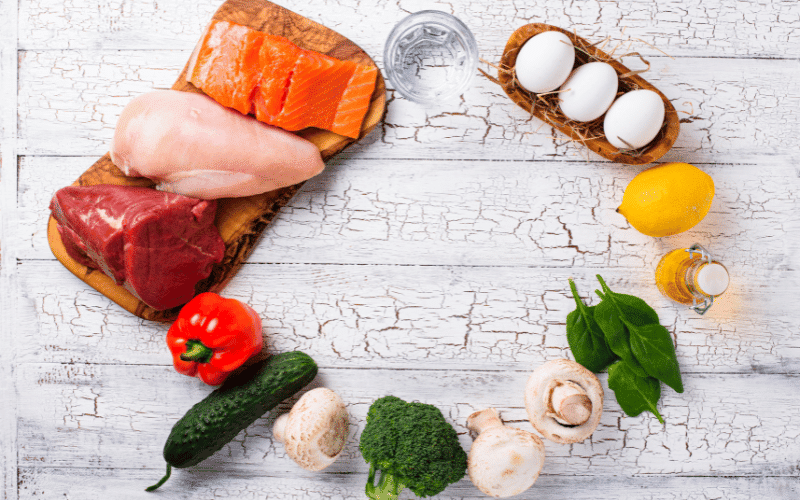Cause 4: High Protein Diet: Understanding the Connection with Kidney Stones

A high protein diet can increase the risk of kidney stones, particularly uric acid stones. When protein is metabolized, it produces uric acid as a byproduct. Excessive protein consumption can lead to high levels of uric acid in the urine, which can crystallize and form stones.
Moreover, a diet rich in animal protein can cause the urine to become more acidic, further increasing the risk of uric acid stone formation. Animal proteins also tend to contain high amounts of purines, which can break down into uric acid.
To reduce the risk of kidney stones, it is essential to maintain a balanced protein intake. The Recommended Dietary Allowance (RDA) for protein is 0.8 grams per kilogram of body weight. Consult a healthcare professional or registered dietitian to determine the appropriate protein intake based on individual needs, activity level, and overall health.
Incorporating plant-based protein sources, such as beans, lentils, and tofu, can help reduce the risk of kidney stones while still meeting protein requirements. Plant-based proteins typically contain lower levels of purines and promote a more alkaline urine environment, decreasing the likelihood of uric acid stone formation. (4)